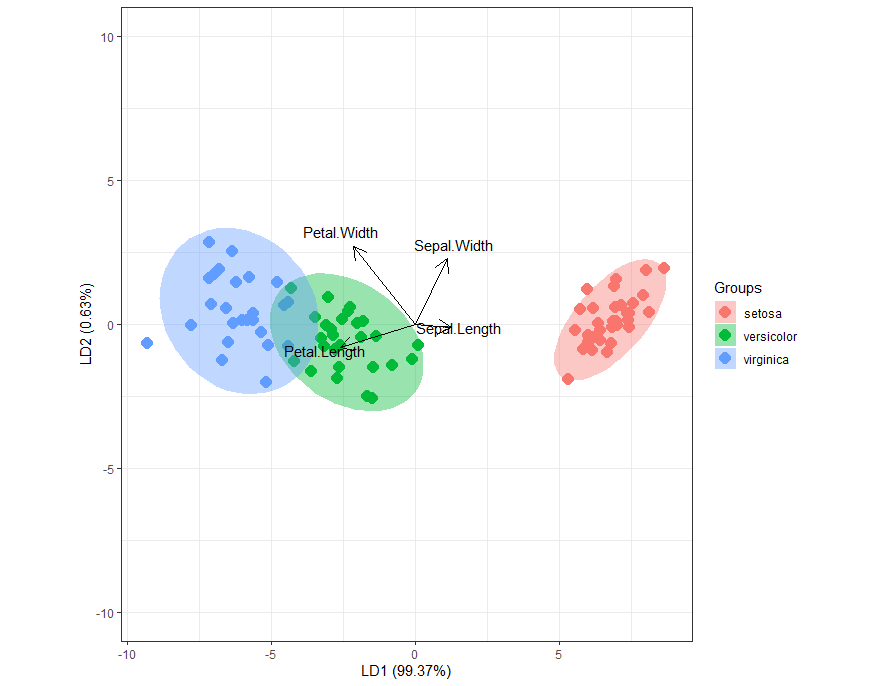IF Statements with Multiple Conditions in Power BI
IF Statements with Multiple Conditions in Power BI, When working with data in Power BI, using IF statements allows you to categorize and analyze your data based on one or more conditions.
In this guide, we will explore how to write IF statements with both OR and AND conditions using DAX (Data Analysis Expressions) in Power BI.
These techniques will help you derive meaningful insights from your datasets.
Method 1: Writing an IF Statement with an OR Condition
Creating an OR Condition IF Statement
The first scenario we will cover is creating a new column that reflects a “Good” rating if either of two conditions is met: if the value in the Points column is greater than 20 or if the value in the Assists column is greater than 4.
Here’s how to write that IF statement:
Rating =
IF(
OR(
'my_data'[Points] > 20,
'my_data'[Assists] > 4
),
"Good",
"Bad"
)Explanation
- New Column: This formula creates a new column named Rating.
- Conditions: The function returns “Good” if either condition is true; otherwise, it returns “Bad”.
Example Table
Suppose the my_data table looks like this:
| Points | Assists | Rating |
|---|---|---|
| 18 | 3 | Bad |
| 22 | 2 | Good |
| 15 | 5 | Good |
| 25 | 4 | Good |
| 20 | 6 | Good |
Steps to Create the Column
- Open Power BI: Launch Power BI and select your dataset.
- New Column: Click the New column icon in the ribbon.
- Enter Formula: In the formula bar, type the above DAX formula.
- Results: A new column named Rating will be generated based on the specified criteria.

Method 2: Writing an IF Statement with an AND Condition
Creating an AND Condition IF Statement
In the second scenario, we will create a column that indicates a “Good” rating if both conditions are met: if the Points column is greater than 20 and if the Assists column is greater than 4.
Here’s the DAX formula for that situation:
Rating =
IF(
AND(
'my_data'[Points] > 20,
'my_data'[Assists] > 4
),
"Good",
"Bad"
)Explanation
- New Column: It creates a new column named Rating.
- Conditions: The function returns “Good” only if both conditions are true. If either one of them is false, it returns “Bad”.
Example Table
Here’s how the my_data table might look using the AND condition:
| Points | Assists | Rating |
|---|---|---|
| 15 | 3 | Bad |
| 22 | 2 | Bad |
| 18 | 5 | Bad |
| 25 | 4 | Bad |
| 30 | 6 | Good |
Steps to Create the Nested Column
- Open Power BI: As before, select your dataset.
- New Column: Click the New column icon.
- Enter Formula: Input the DAX formula shown above in the formula bar.
- Results: A new column named Rating will appear according to the conditions defined.
Conclusion
Creating IF statements with multiple conditions using DAX in Power BI is an effective way to enhance data analysis and categorization.
By leveraging both OR and AND conditions, you can gain valuable insights into your datasets. Follow the methods outlined in this article to implement these techniques in your Power BI reports.
For further details on DAX functions and their applications, you can refer to the official Microsoft documentation on the IF function.
Feel free to replace image placeholder links with actual images demonstrating the process to enhance the article visually and help readers better understand each step.
8 Best Free Books to Learn Statistics for Data Science in 2024
Top 5 Books on Data Science with Python




